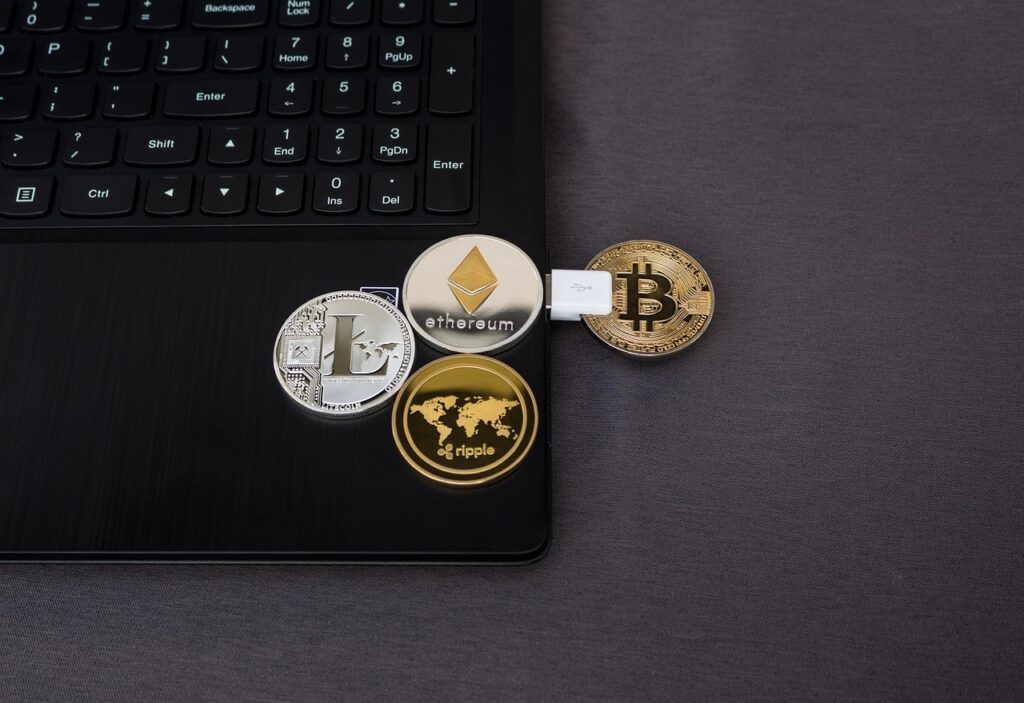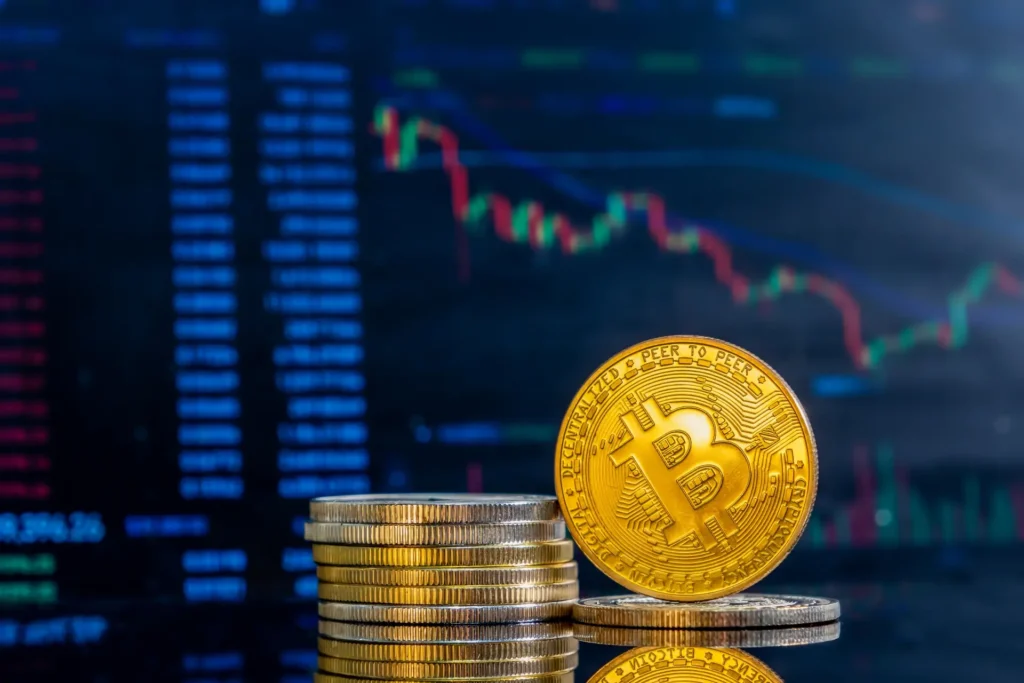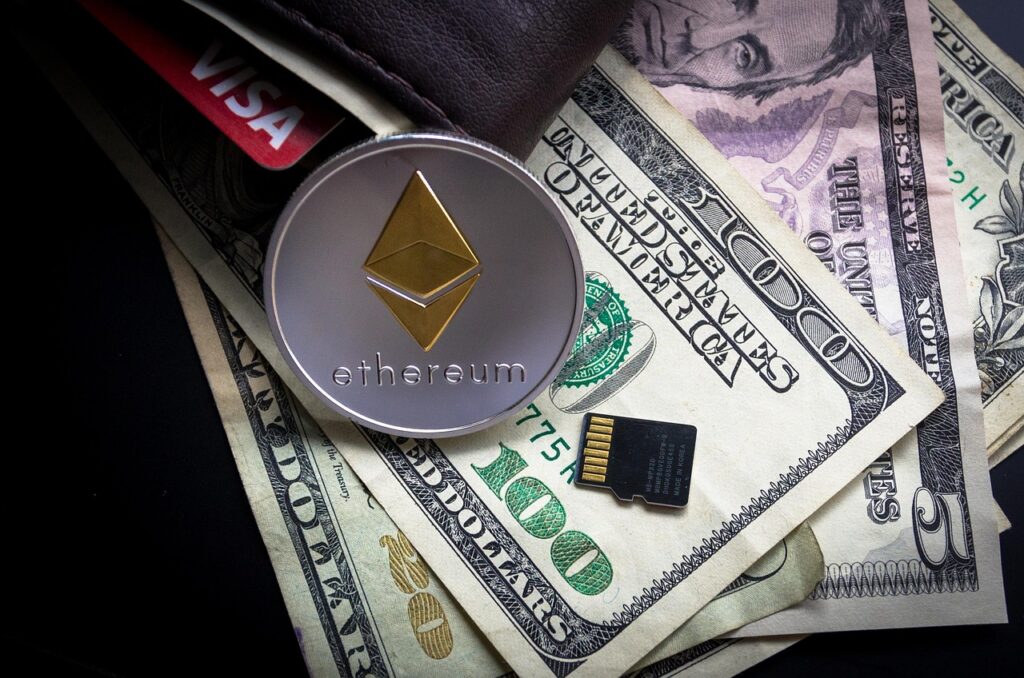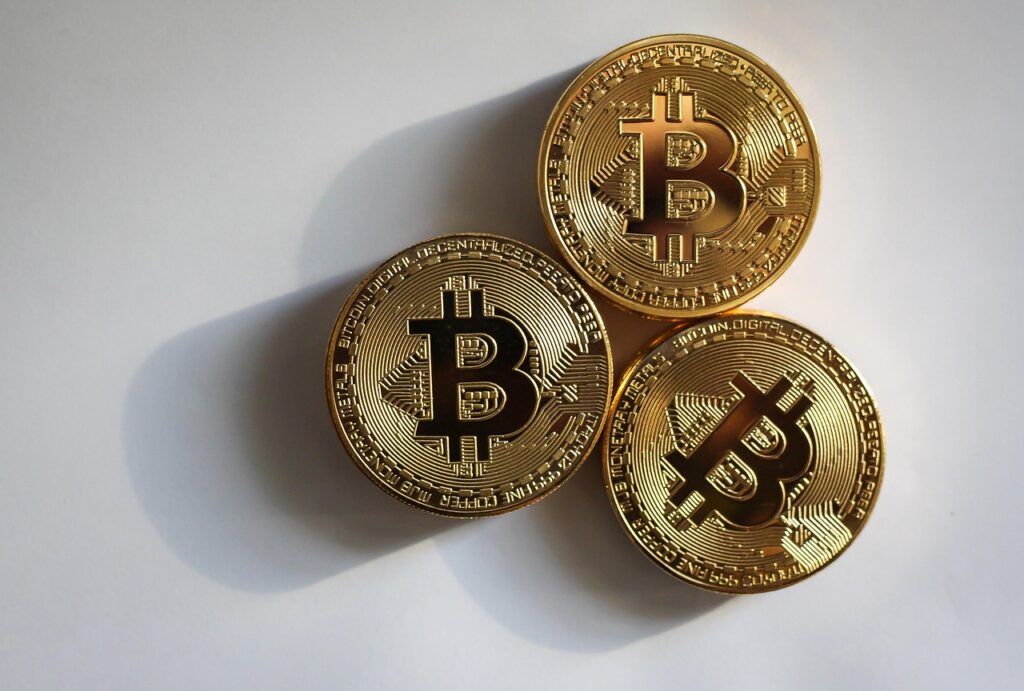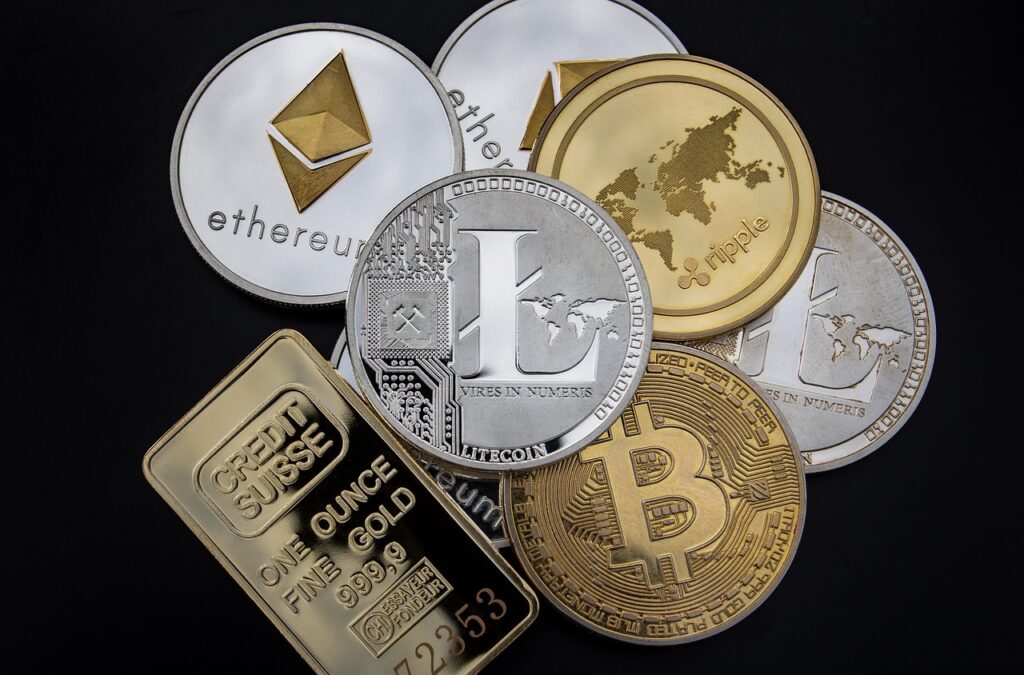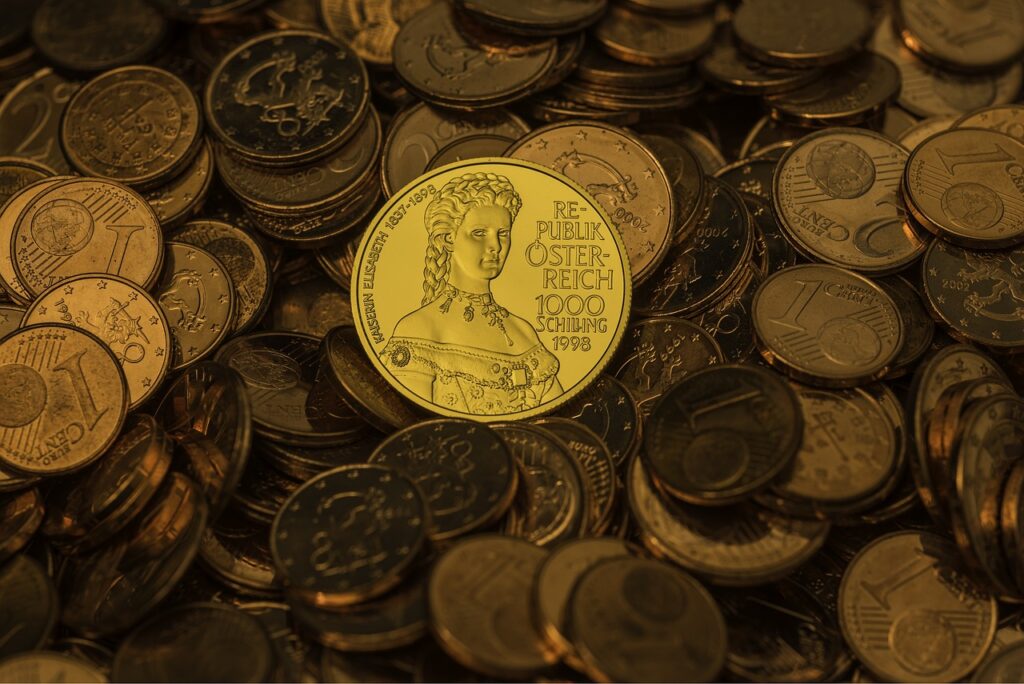The emergence of cryptocurrency has changed the landscape of trading financial assets, enabling buyers to effortlessly exchange digital currencies. If you are just starting your journey learning more about cryptocurrency, one of the first details you will have to understand is what constitutes as a crypto exchange–the primary access point to purchasing, trading, selling, and buying cryptocurrencies.
This article will overview everything you need to know about cryptocurrency exchanges including, the functions they provide, the types of exchanges, and the best crypto exchange for day-trade as well as an easy-to-navigate discussion on how you can build an exchange from scratch.
Table of Contents
- 1 Understanding Crypto Exchanges: Your Guide to Buying & Selling Digital Assets
- 2 How Cryptocurrency Exchanges Function: A Deep Dive into Digital Asset Trading
- 3 Understanding Cryptocurrency Exchange Classifications
- 4 Centralized Exchanges (CEXs)
- 5 Decentralized Exchanges (DEXs)
- 6 Hybrid Exchanges
- 7 Top Crypto Exchanges for Day Trading: High-Volume & Low-Fee Platforms
- 8 Develop Your Own Crypto Exchange: From Concept to Live Trading
- 9 Step1: Developing Your Business Model: A Strategic Framework for Success
- 10 Step 2: Achieving Legal & Regulatory Compliance: A Comprehensive Guide for Businesses
- 11 Step 3: Build Your Own Trading Platform: A Guide to Exchange Development
- 12 Step 4: Implementing Robust Security Measures: Protecting Your Data & Systems
- 13 Step 5: Cryptocurrency and Trading-Pairs Listing
- 14 Step 6: Digital Marketing & Customer Experience: Driving Growth and Building Loyalty
- 15 Essential Features of a Top Crypto Exchange: Security, Liquidity & User Experience
- 16 Conclusion
Understanding Crypto Exchanges: Your Guide to Buying & Selling Digital Assets
Cryptocurrency exchanges are marketplaces for digital goods in which users buy, convert, sell, or purchase cryptocurrencies. They work like traditional exchanges but in digital assets such as Bitcoin (BTC), Ethereum (ETH), and many altcoins.
How Cryptocurrency Exchanges Function: A Deep Dive into Digital Asset Trading
They connect buyers and sellers finally acting as middlemen. Users place orders to buy or sell, and the exchange matches these orders according to the conditions in the marketplace. Some other functions are implemented in selected exchanges-futures trading, staking, or margin-trading options.
Understanding Cryptocurrency Exchange Classifications
There are three major types of cryptocurrency exchanges which come with their own pros and cons.
-
Centralized Exchanges (CEXs)
A centralized exchange is one that is run by an organization that manages the transactions in cryptocurrency. Paper exchanges function as middlemen and provide security, liquidity, and friendly interfaces to users.
Pros:
- Speedier transactions with high liquidity
- User-friendly interfaces for beginners
- Innovative trading tools and client support
Cons:
- Must trust a platform with staff and money
- Subject to hacking attempts
- In the eye of regulatory authorities
Famous Centralized Exchanges: Binance, Coinbase, Kraken, KuCoin
-
Decentralized Exchanges (DEXs)
Without a central governing body, a Decentralized Exchange (DEX) uses Blockchain technology and smart contracts to facilitate trading through peer-to-peer (P2P) trading.
Pros:
- Security and safety in privacy
- They are the sole owners of their accounts
- DO NOT ask for any KYC (Know Your Customer) verification
Cons:
- Less liquidity than CEXs
- The interface can be complicated for fresh users.
- Limited customer support
Famous Decentralized Exchanges: Uniswap, PancakeSwap, and SushiSwap
-
Hybrid Exchanges
Select from the hybrid markets: combining attributes of CEX and DEX approaches, hybrid exchanges allow for a flexible and convenient environment while granting the users control over their funds.
Pros:
- Great security from that of CeXs;
- Quicker transactions than DEXs; and
- Great liquidity.
Cons:
- It is somewhat new.
- Limited features and adoption.
Popular Hybrid Exchanges: Nash, DeversiFi
Top Crypto Exchanges for Day Trading: High-Volume & Low-Fee Platforms
Selecting the right platform is a very big deal for being a day trader. The best, reliable, day trading exchange must have the following features:
- High liquidity (to get trades executed quickly)
- Lower trading charges (to try to increase profits)
- Charting software of an advanced nature (for technical analysis)
- Very fast trade executions speeds
- Day Trading Crypto Exchanges:
- Binance
- With liquidity is high
- Unbeknown to a customer fee (0.1 percent)
- Very sophisticated instruments for trading
- Kraken
- This is where safety and regulation meet
- Competitive Trading Fees
- Coordinate leverage and margin trading
- Bybit
- KYC-free for small withdrawals
- Fast execution
- Trading Leverages
- Coinbase Pro
- Cheap and dependable for beginners
- High Liquidity
- Lower fees than the Standard Coinbase
- KuCoin
- Wide variety of trade pairs
- Automated trading bots
- Many options Type of futures trading
Selecting an ideal cryptocurrency exchange for day trading depends on the kind of trading you do, and on your location-security preferences.
Develop Your Own Crypto Exchange: From Concept to Live Trading
Are you interested in starting a cryptocurrency exchange? This is a stepwise procedure:
Step1: Developing Your Business Model: A Strategic Framework for Success
Before starting with any discussion, you should think through: What sort of exchange do you want to create? CEX is somewhat indispensable for conformity with the financial regulatory framework. DEX requires blockchain and smart contract development. Hybrid Exchange – Sometimes a hybrid exchange shares the qualities of both.
Step 2: Achieving Legal & Regulatory Compliance: A Comprehensive Guide for Businesses
Depending upon the nature of the business, it should go by the prevailing regulations like:
- KYC (Know Your Customer)
- AML (Anti-Money Laundering)
- Licensing requirements (depending on jurisdiction)
Every country sets different laws; hence consultation with a legal professional is a must.
Step 3: Build Your Own Trading Platform: A Guide to Exchange Development
The main components of a world-class cryptocurrency exchange would include user authentication system (login, KYC verification), trading engine (matching buy and sell orders), integration of a crypto wallet (for secure storage of assets), and liquidity control (to assure smooth trade).
Step 4: Implementing Robust Security Measures: Protecting Your Data & Systems
Security is important for any exchange. You should go for: 2FA (2-factor verification), Secure storage with cold wallet to store funds, SSL encryption, and DDoS protection, etc.
Step 5: Cryptocurrency and Trading-Pairs Listing
To lure new customers into your exchange, you must list well-known crypto such as BTC, ETH, and stablecoins. After that, you can list new tokens depending on market demands.
Step 6: Digital Marketing & Customer Experience: Driving Growth and Building Loyalty
Promote your exchange through partnerships, social media, and referral programs. Besides, support customers round the clock to increase credibility.
Essential Features of a Top Crypto Exchange: Security, Liquidity & User Experience
- Security – Protects the user’s money and personal information.
- Liquidity makes the trading experience as smooth as possible with minimal slippage. Low fees appeal to new investors and traders.
- Easy to use design makes trading easy for new entrants.
- Support aids when required.
Conclusion
Knowing exactly what a crypto exchange is a fundamental requirement for every person wanting to trade in cryptocurrencies. The main aspect is considering which crypto exchange will work for you if you plan to trade daily on a reliable crypto exchange, or what you can do if you are intending to set up a cryptocurrency exchange, will be choosing a safe, sound, reliable and easy-to-use service that meets your criteria. For those purely trying to enter the trade in cryptocurrencies the recommended path for a transaction method would be to use reliable intermediaries such as Binance, Kraken or Coinbase Pro. For those in business, starting your own exchange is likely to provide revenue, however, it is a technical task that requires legal compliance.


